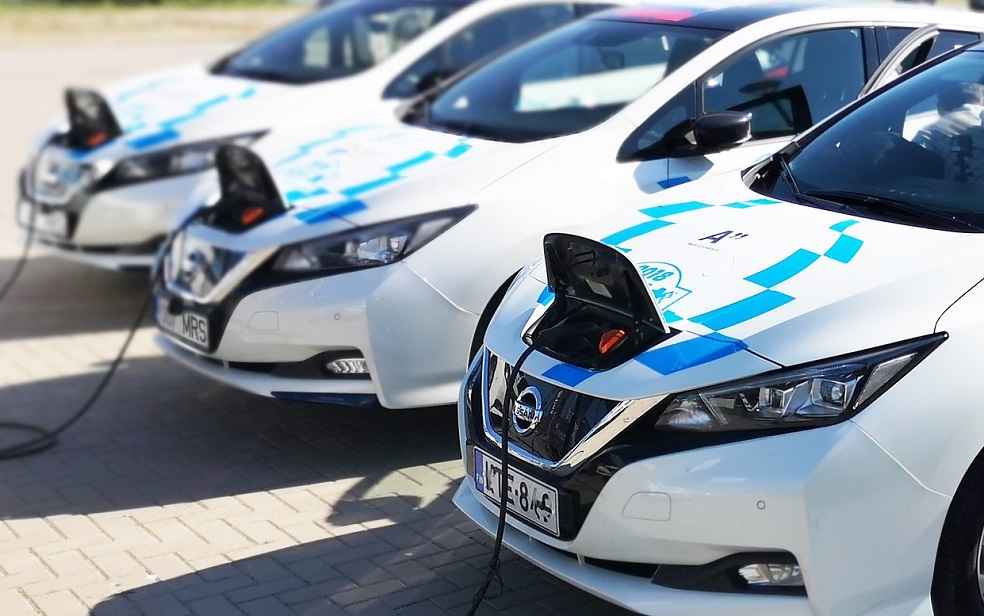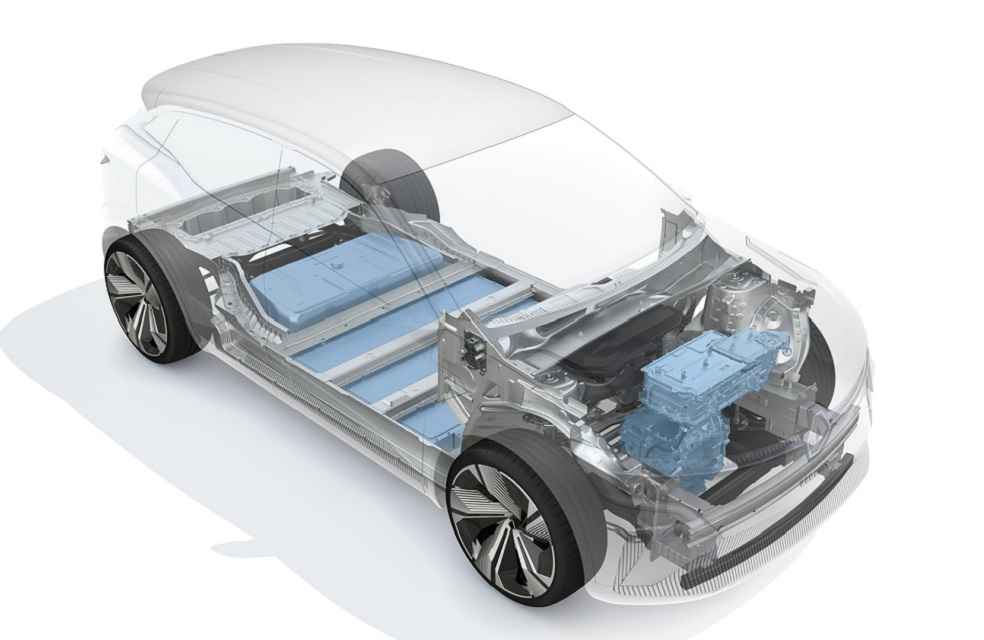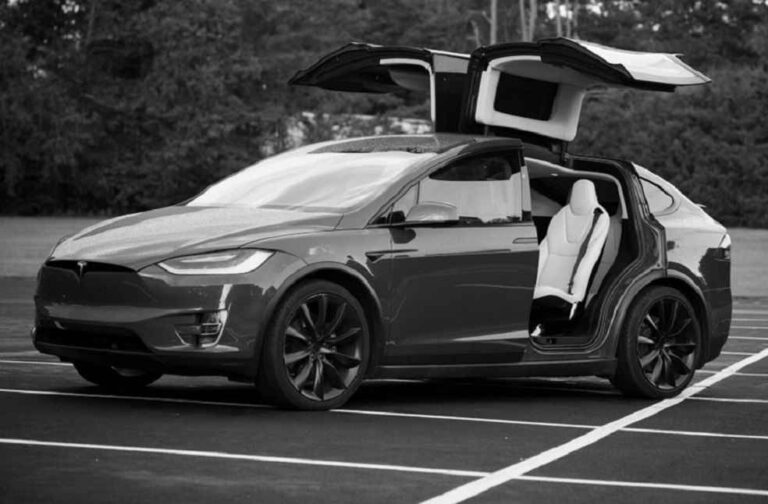A recent study from the Indian Institute of Technology (IIT) in Kanpur has stirred up controversy by challenging the environmentally friendly image of electric vehicles. The study contends that, counter to popular belief, electric cars may produce 15 to 50% more greenhouse gases (GHGs) than hybrid and conventional engine cars.
The study, conducted in collaboration with a Japanese organization, focused on the life cycle assessment (LCA) and total cost of ownership (TCO) of different vehicle types. The analysis suggests that due to India’s dependence on coal-fired electricity for charging, electric cars may have a higher carbon footprint. The findings add another layer of complexity to the debate around the green credentials of electric vehicles.

The researchers also spotlighted the financial burdens of electric cars. The costs per kilometer associated with electric cars, considering factors like purchasing, insuring, and maintaining, were found to be 15 to 60% higher than their hybrid and conventional counterparts. This cost discrepancy presents a significant challenge to the adoption of electric cars in developing countries, where affordability is paramount.
The research further advocates for hybrid electric vehicles (HEVs), which reportedly release the least amount of GHGs over their life cycle among the three vehicle types analyzed. However, the study also notes that high taxes on hybrid cars hinder their widespread adoption. The researchers urge a revision of taxation policies to promote cleaner technology, recommending equal taxes for hybrid and battery-powered vehicles.

In addition, a related study, published in the journal Nature, and co-conducted by Aramco, a Saudi Arabian oil company, sparked debate by implying that electric vehicles might not be as eco-friendly as commonly believed. The involvement of Aramco in the study raised some eyebrows due to a potential conflict of interest.
Despite the controversies, the studies underscore the necessity of a nuanced examination of the environmental impact of different vehicle types. They suggest that hybrid vehicles could play a vital role in reducing emissions in the short and medium term, particularly in countries like India.
OBSERVATION: Lamborghini Unveils its First Plug-in Hybrid: The Revuelto





